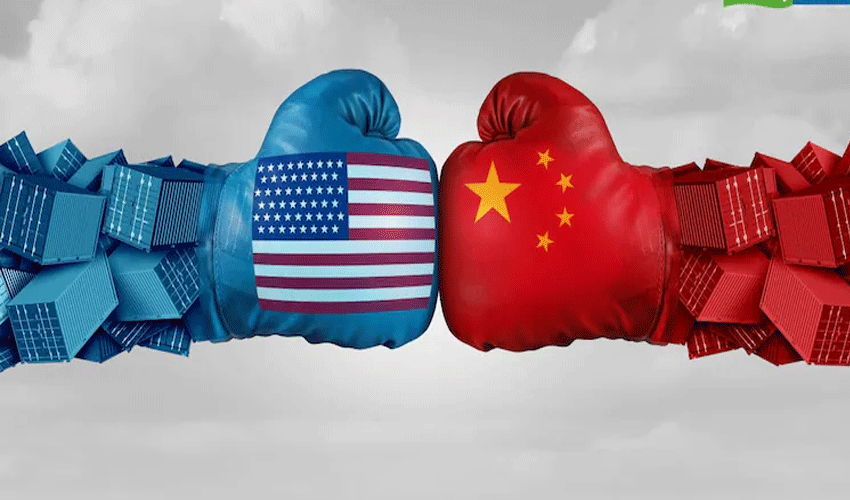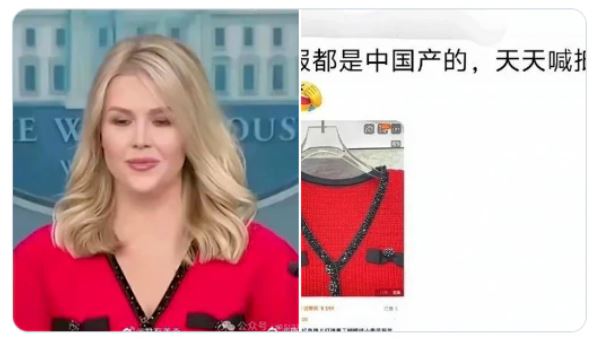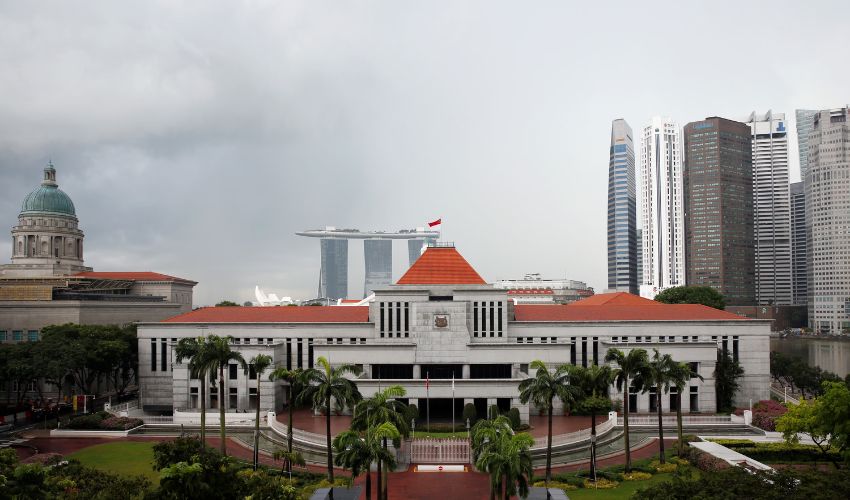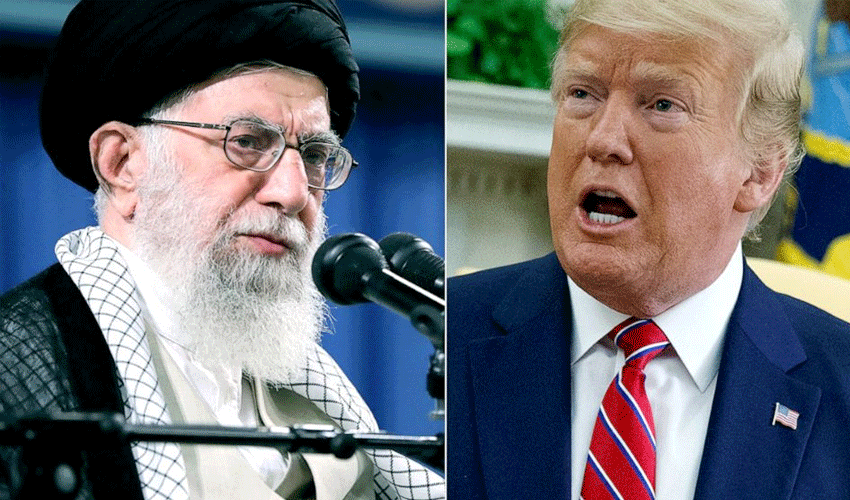In a dramatic escalation of the ongoing trade dispute between the United States and China, President Donald Trump announced on Monday that the U.S. will impose an unprecedented 104% tariff on all goods imported from China, effective at midnight on Tuesday, April 8.
The move is the latest in a series of aggressive trade measures aimed at countering what Trump claims are unfair practices by China and other nations.
This sharp increase in tariffs marks the most significant escalation in U.S.-China trade tensions since the previous tariff war, and follows a series of inflammatory actions and accusations from President Trump, who has repeatedly charged that other nations, including China, have been “looting” the U.S. through unfair trade practices and tariffs on American exports.
Direct response to China's retaliatory tariffs
The new tariff will be added on top of the existing 34% rate that was set to take effect Wednesday, pushing the total duties on Chinese imports for this year to a staggering 104%. The White House confirmed that the move came as a response to China’s recent announcement of retaliatory tariffs against U.S. goods, which Trump has described as a violation of prior warnings.
In a strongly worded statement, Trump said any further retaliatory actions by China would be met with "immediate and substantially higher" tariffs, signaling a further intensification of the trade war. The President also declared that ongoing trade talks with Beijing would be terminated and that Washington would instead focus on negotiating with other countries to secure better deals.
"We will no longer tolerate China’s refusal to play by the rules," Trump said, emphasizing that the U.S. would no longer be a “target” for unfair trade practices.
UN chief warns of global consequences
The escalating trade war has raised alarms globally. United Nations Secretary-General António Guterres issued a stark warning on Monday, stating that “nobody wins” in a trade war. Guterres expressed concern over the impact that such conflicts would have on the world’s poorest nations, who are likely to bear the brunt of the economic fallout.
"Trade wars are extremely negative," Guterres said. "Nobody wins with a trade war, everybody tends to lose. And I'm particularly worried about the most vulnerable developing countries in which the impact will be more devastating."
White House press briefing: No delays expected
White House Press Secretary Karoline Leavitt confirmed during a press briefing that the 104% tariffs will take effect at 00:01 local time (05:01 BST) on Wednesday. She also confirmed that there would be no delays or extensions in the imposition of the tariffs, and that Trump had been in direct communication with his advisors, who expect the tariffs to come into effect without further hesitation.
Leavitt added that nearly 70 countries have reached out to the White House to negotiate on tariffs. However, any deals made will prioritize American workers, and Trump’s approach will be "tailor-made" to suit the needs of each country involved.
The White House has been firm in its stance towards China. Leavitt reiterated that Trump believes China ultimately wants to negotiate but argued that it was a "mistake" for Beijing to retaliate with tariffs of their own. If China is willing to engage, Trump would be “incredibly gracious,” Leavitt said, but would work in America’s best interests.
Trump’s tariff strategy is not limited to China alone. The administration has engaged in discussions with nearly 70 other nations, indicating a broad, multi-country approach to tariff negotiations. Leavitt mentioned that these negotiations could extend beyond trade to include issues such as foreign aid and military presence.
Despite the mounting concerns over the economic ramifications of such steep tariffs, the Trump administration remains unwavering. Leavitt emphasized that Trump’s commitment to defending American interests would not soften, even amid growing global unease.
In response to the growing tension, trade advisor Peter Navarro and tech entrepreneur Elon Musk have been at odds, with Navarro advocating for more aggressive measures, while Musk has cautioned against escalating tensions. Leavitt downplayed the discord, stating, "boys will be boys," noting that Trump was open to hearing different points of view.
The trade war between the U.S. and China, once marked by tariff hikes and accusations, now seems poised to enter an even more contentious phase with the imposition of this new, historically high tariff. How this move will affect global markets, as well as the economies of both China and the U.S., remains to be seen.



























